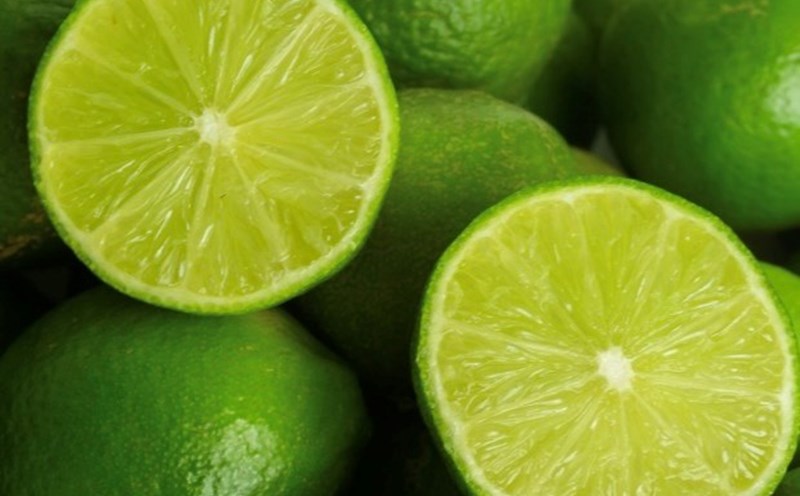Onions are a rich source of quercetin - a flavonoid with powerful anti-inflammatory and antioxidant effects.
Quercetin helps increase insulin sensitivity and reduce glucose absorption in the small intestine, thereby helping to stabilize blood sugar after eating.
Onions also contain organic sulfur compounds such as alliin, S-methylcysteine sulfoxide - substances that have been shown to inhibit the alpha-glucosidase enzyme, thereby slowing down the breakdown of starch into glucose.
A clinical study at the University of Health Sciences of Isfahan (Iran) showed that people with type 2 diabetes who ate 100g of onions per day for 8 weeks had an average reduction of 18.2% of fasting blood glucose levels and a significant improvement in HbA1c index.
People with diabetes often face a high risk of cardiovascular complications due to dyslipidemia and high blood pressure.
Onions have been shown to help reduce LDL cholesterol, triglycerides and increase HDL cholesterol.
According to the World Health Organization (WHO) and a scientific report from the European Journal of Nutrition, regular consumption of onions can reduce the risk of cardiovascular disease related to diabetes by 15-20%, thanks to anti-inflammatory activities and lipid control.
Although onions have many benefits, the right way of using them will help maximize the effectiveness and limit side effects such as digestive irritation.
Eat raw or lightly steamed: Raw onions retain the highest amount of quercetin. If you don't like eating it raw, you can steam it lightly or mix it with salad (not stir-fry it with a lot of oil).
Suitable dosage: About 50-100g onions/day (equivalent to 1/2 medium onion), divided into 1-2 meals.
Combined with good fats: Like olive oil, nut butter to increase quercetin absorption.
Drink onion juice: A small study in Korea (2022) shows that 30ml of onion juice per day helps reduce blood sugar and blood fat slightly after 6 weeks.
Note:
People with gastritis and irritable bowel syndrome should avoid eating raw onions because it can cause bloating.
Avoid eating onions that have been left too long or have mold, because they can contain harmful oxidants.
Although onions cannot replace diabetes medications, when combined properly in a scientific diet, they can help improve blood sugar levels, reduce insulin resistance and prevent chronic complications.
This is a natural, cheap food choice but has a very high treatment support value.











